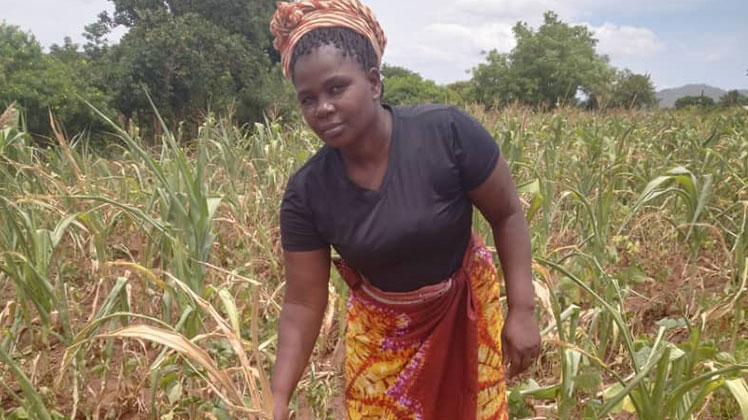Malawi wins new climate funds
Malawi is among nine countries in the frame to benefit from the Climate Investment Funds (CIF) worth about K350 billion announced during the global climate summit last month.
The $350 million fund unveiled at CoP27 in Sharm El-Sheikh, Egypt, will support nature-based solutions under its Nature, People and Climate Investment platform.

The majority of the beneficiary countries are located in the Zambezi River Basin Region, comprising Malawi, Mozambique, Zambia, Namibia and Tanzania.
Other beneficiaries are Egypt, Kenya, Dominican Republic and Fiji.
An official statement shows the new programme will deploy nature-based solutions linking land use, climate-change mitigation and adaptation to improve livelihoods of rural communities and indigenous people.
According to the 2018 census, 84 percent of Malawians live in rural areas.
The investment platform will finance sustainable agriculture, food supply, forests, resilience and efforts to empower indigenous people and local communities.
Following the announcement, the participating countries are expected to develop investment plans in collaboration with partner multilateral development banks.
According to CIF chief executive officer Mafalda Duarte, 55 developing countries applied for funding, highlighting the urgent demand for climate finance.
“I extend our gratitude to Italy, the UK and Sweden for the incredible partnership. Congratulations to these countries. We cannot wait to get going and this is only the beginning,” he stated.
CIF will also support Ethiopia, Rwanda, Namibia and Brazil to prepare their investment plan in readiness to receive further contributions.
Alessandro Modiano, Italy’s special envoy for climate change, saidhumanity is facing a double threat of climate change and biodiversity loss.
“The two are a dire consequence of human activity and economic progress at the expense of nature,” he said.
The announcement was followed by a panel discussion featuring Egypt’s Minister of International Cooperation Rania Al-Mashat and Zambian Minister of Green Economy and Environment Collins Nzovu.
Other panellist included the Netherlands’ Climate Envoy Prince Jaime de Bourbon de Parme and African Development Bank vice-president of Agriculture, Human and Social Development Beth Dunford.
She highlighted the importance of supporting farmers to adopt nature-based solutions as yields keep waning due to climate change and environmental degradation.
“For agriculture to prosper, we need to have healthy ecosystems that can be boosted by farmers. Supplying this technology and information will also help them adapt and make them climate resilient,” said Dunford.
Nzovu applauded organisations and partner countries to come together to help African countries in need of climate finance.
“Africa needs to adopt nature-based solutions so that we can provide our own food and water and be self-sufficient as a continent,” said the Zambian minister. “There is a need for awareness for not only politicians but also citizens to understand why their countries are sending funds to other countries.” UN Environment reports that G20 countries alone need to increase their annual nature investments by an additional $165 billion (about K170 trillion) per year to realise biodiversity, land restoration and climate targets by 2050. This represents a 140 percent increase from existing levels.






One Comment